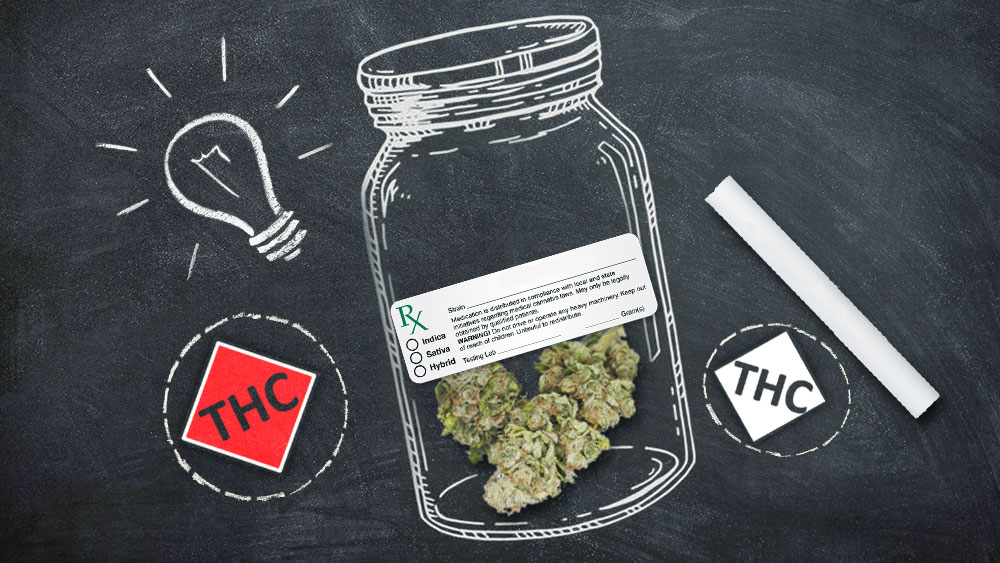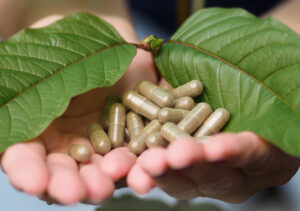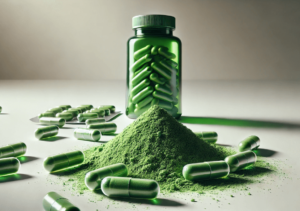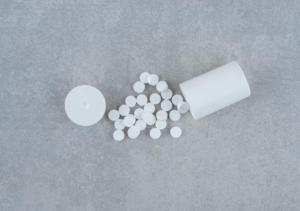Now that you may be receiving your cannabis orders from your province’s outlet, such as the Ontario Cannabis Store, you may find on the label the term “Total THC” as a percentage, likely a foreign term for most.
Total THC often refers to the total potential amount of tetrahydrocannabinol, or THC, in your cannabis after heating it.
THC is the chemical responsible for most of marijuana’s psychological effects.
Cannabis often has a small percentage of THC in it before being heated, which you may see on your label as a percentage called THC.
What you may not know is that cannabis does not have a high percentage of THC before being heated. Instead, it has a cannabinoid called tetrahydrocannabinolic acid, or THCA. THCA is a non-psychoactive compound that gets converted to THC after it is heated and as well as the plant dries.
THCA is basically THC except with an extra CO2 molecule added. THCA’s molecular formula is C22H30O4, and THC’s is C21H30O2. Here C represents carbon, H is hydrogen and O is oxygen. Notice how THCA’s formula has one more carbon, at 22, and two more oxygen, at 4, than THC’s formula. This makes up the extra CO2 in THCA.
When heat is applied to THCA, it losses that CO2 and becomes THC through a process called decarboxylation—which makes sense, since it is losing a carbon dioxide.
Since THC does not have the extra CO2 that THCA has, it has a smaller molecular weight. THCA has been found to have a molecular weight of 358.48, whereas THC is 314.47.
This is why Total THC is not simply THCA plus the THC in the plant before heating it, but instead is a fraction of THCA.
When you divide THC’s molecular weight by THCA’s, you get 0.877.
In a perfect world, if you heated THCA, 87.7 per cent of it would be converted to THC.
However, THCA is often not fully converted to THC after being heated. It depends on the temperature it is heated at, as at very high temperatures some THC may be degraded to cannabinol, or CBN, which is known to treat pain relief and has a sedative effect, but has no intoxicating effects.
Heating cannabis at 200 C for a few seconds results in 100 per cent decarboxylation of THCA to THC, without forming CBN, according to the European Industrial Hemp Association. This exact temperature can be achieved through vaporizing, but the temperature of a standard lighter is well over 1,000 C, so THC can be expected to degrade into CBN if heating cannabis this way.
Regardless of the potential for there not to be 87.7 per cent THC from the original amount of THCA, cannabis labels still assume that there is full conversion in their Total THC figure.
Thus, Total THC is determined by multiplying the amount of THCA by 0.877, then adding the original amount of active THC in the cannabis that was there before being heated. The formula for Total THC is (0.877xTCHA) + THC.




